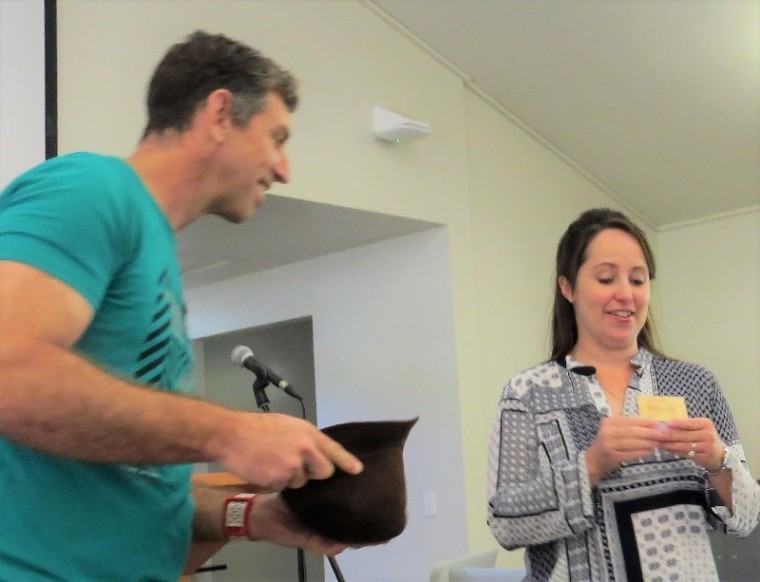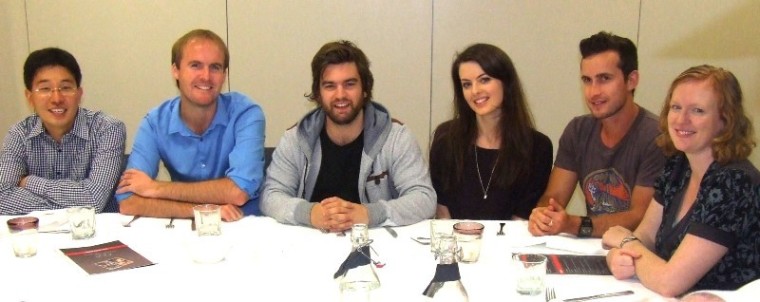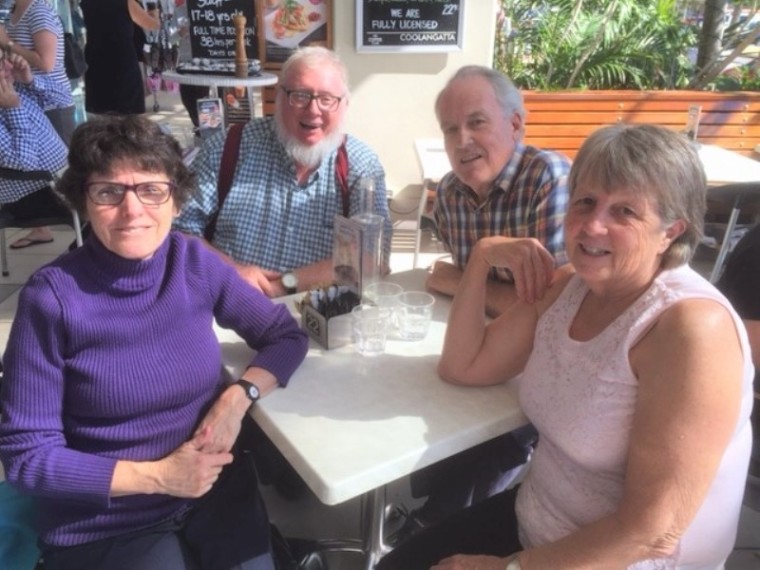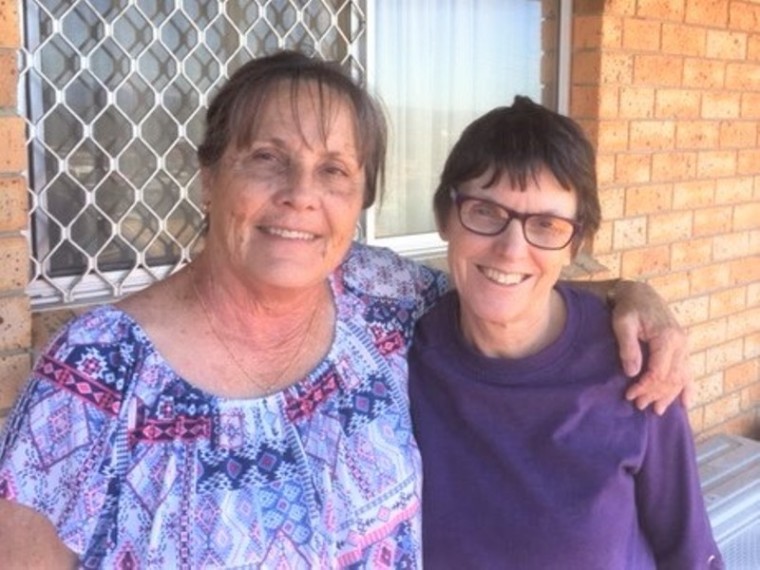
Covid 19 has had a number of impacts both good and bad on Christians. This article therefore looks at Christian belief which places believers under pressure. This can happen anywhere and at anytime. It can be tough going.
I and many others have cited all this previously, so none of this is new – but it needs to be repeated as often as necessary to bring home a strong message. This is the question - why can Christian belief be so readily attacked willy-nilly in the media and in society without the blink of an eyelid? - this is an important philosophical question when faced with violent attack should the same be said of another religion!
There are innumerable examples of Christian belief being attacked in the media, through physical destruction of church infrastructure, in the Arts, film, entertainment, theatre, and not least, through Christian martyrdom.
It is here that we must recognise the basic tenant of the Christian world view. It's made a lot of people very angry as Jesus said no one comes to the Father but through me. The remarkable dichotomy is that those who have come to the Father through Jesus experience a liberation that is unfathomable.
A little history is important at this point to provide a philosophical background to this question.
Christian belief is costly
In the year 155AD the Christian bishop of Symrna Polycarp a man who had served the Lord for 86 years exclaimed as he went to his martyr's death, “How then can I blaspheme my King and Saviour? Bring forth what thou wilt.” Christian belief leads to a stoicism regardless of the most horrible consequences and Christian martyrdom remains with us today, more than at any other time in history.
The third century theologian Tertullian (166-225) claimed that the blood of the martyrs is the seed of the church. Tertullian was perhaps the greatest of all the early church fathers who classically defined the doctrine of the Trinity. He recognised that martyrdom brings many people to consider their own eternal destiny (as it does today).
Jesus Himself explained that belief in Him will bring his followers into conflict with the powers of this world, for taking up one's cross to become a disciple will be costly (Matthew chapter 16 verses 24-28). The reality of this is self evident. The Apostle Paul made it clear in Ephesians chapter 6 verse 12 that we're in war against the principalities of darkness, there is a cosmic element in this engagement in that being one whose life is given to the Lord will inevitably bring conflict, but His power is greater and our final victory is undisputed (1 Corinthians 15).
The first philosophical question: How is it today therefore, that we in a nominally Christian nation, live in such political and religious peace, whereas so many other nations have this interminably religious conflict, such as the seemingly unending religious militarism in parts of Nigeria, or with ISIS in a growing number of middle east areas – Syria, Iraq, Libya … We can cite Sudan along with many other countries.

Two broad global historical responses
I see two broad global historical responses to this. The first was that Emperor Constantine became a Christian and in 313AD he issued the Edict of Milan proclaiming religious tolerance. Persecution as it were, ceased in the vast Roman Empire and Christians were able to worship and live as followers of Jesus without fear of their lives or the destruction of their property.
It was not long before Christian 'nominalism' became the norm and over the centuries with freedom to act and freedom to gain power, the church itself became corrupt and fell into serious disrepute in both practise and theology. This led to the Reformation, first in Germany, followed by the rest of Europe, then England through an Act of Parliament. It also had great influence in the New World where religious freedom was the essence of governance.
The Reformation itself led to military conflict between the political wills of those supporting Roman Catholicism and Protestantism and no more so than in England which finally saw the establishment of the Church of England.
This now, is the second broad global historical response. It was from Britain that the great missionary journeys emanated and established a world pool of missions and evangelism across the world.
History is indispensable
Australia is a beneficiary of these endeavours and our freedom of religion and freedom of political action comes directly (and can be traced historically), to the blood of those who died in the English religious wars in the 14th and 15th centuries that led to the legislative formation of the Church of England under King Henry VIII.
Our freedoms are inextricably linked to Protestantism in England and the blood of those who died in the century before leading up to national legislative liberation of soul and conscience. I am still weighing up the hypothesis - one or two generations within any nation need to shed their blood to gain this kind of political freedom which includes freedom of the press.

Australia's press freedom
Freedom of the press in a free society is illustrated vibrantly in Australia. It is said that in Australian politics, there are three (by and large) equal forces at play each jockeying for their piece of the 'control pie' – Government, Big Business and the Labour Market. They blame each other when 'whatever' goes pear-shaped and the Australia media without fear or favour happily informs us all of every lucid and lurid detail (if they know it and its publishable).
In this media sense , Christian belief is given no free kicks. Christianity in all its forms, comes under relentless and uncharitable inspection and whenever a case is made of corruption, child abuse, sexual immorality, abuse of power, miss-use of money or property, and the host of other things that humans in all walks of life get involved with – they are exposed for all to see. It's not pretty.
Christianity by its very nature speaks to the conscience and is always likely to be in for a hard time when in the news. Jesus Himself predicted this where he explained that if they persecute me, so too you. Likewise the media gives a hard time to politicians (who govern us) and business people (who make loads of money) and this is their robust task. Recently we have seen in Britain a claim that Christianity is treated less sensitively than other religions. This leads us to a first consideration:
Confused state of affairs
The Australian society along with its robust media now finds itself in something of a confused state. The reason is that there are now laws associated with discrimination and racism. Does the media blast away at Christian belief because it is part of the main stream culture or is it trying to detach Christianity from the main stream secular culture? There is considerable confusion in this.
But as soon as anything critical is said about other religions - belief systems, world view, ethnic backgrounds, historic conflicts, political positions, historic theocracy-militarised culture: somehow “a great sensitivity” is engaged by the media, politicians and business. This is at the essence of the disharmony many Christians feel in Australia: there is no level playing field in these areas.
Other issues
Christians in Australia can continue to serve their communities, and continue to make inroads in people's lives for the cause of Christ. Moreover, when illegitimate, unfair and bias reporting is in evidence against this cause, we are able to give a logical and sound defence of Christian belief.
As Paul instructed Timothy - be ready with the Scriptures through which the Holy Spirit speaks into the hearts and minds of hearers: “All Scripture is given by inspiration of God, and is profitable for doctrine, for reproof, for correction, for instruction in righteousness.” 2 Timothy chapter 3 verse 16.


Dr Mark Tronson - a 4 min video
Chairman – Well-Being Australia
Baptist Minister 45 years
- 1984 - Australian cricket team chaplain 17 years (Ret)
- 2001 - Life After Cricket (18 years Ret)
- 2009 - Olympic Ministry Medal – presented by Carl Lewis
- 2019 - The Gutenberg - (ARPA Christian Media premier award)
Gutenberg video - 2min 14sec
Married to Delma for 45 years with 4 children and 6 grand children